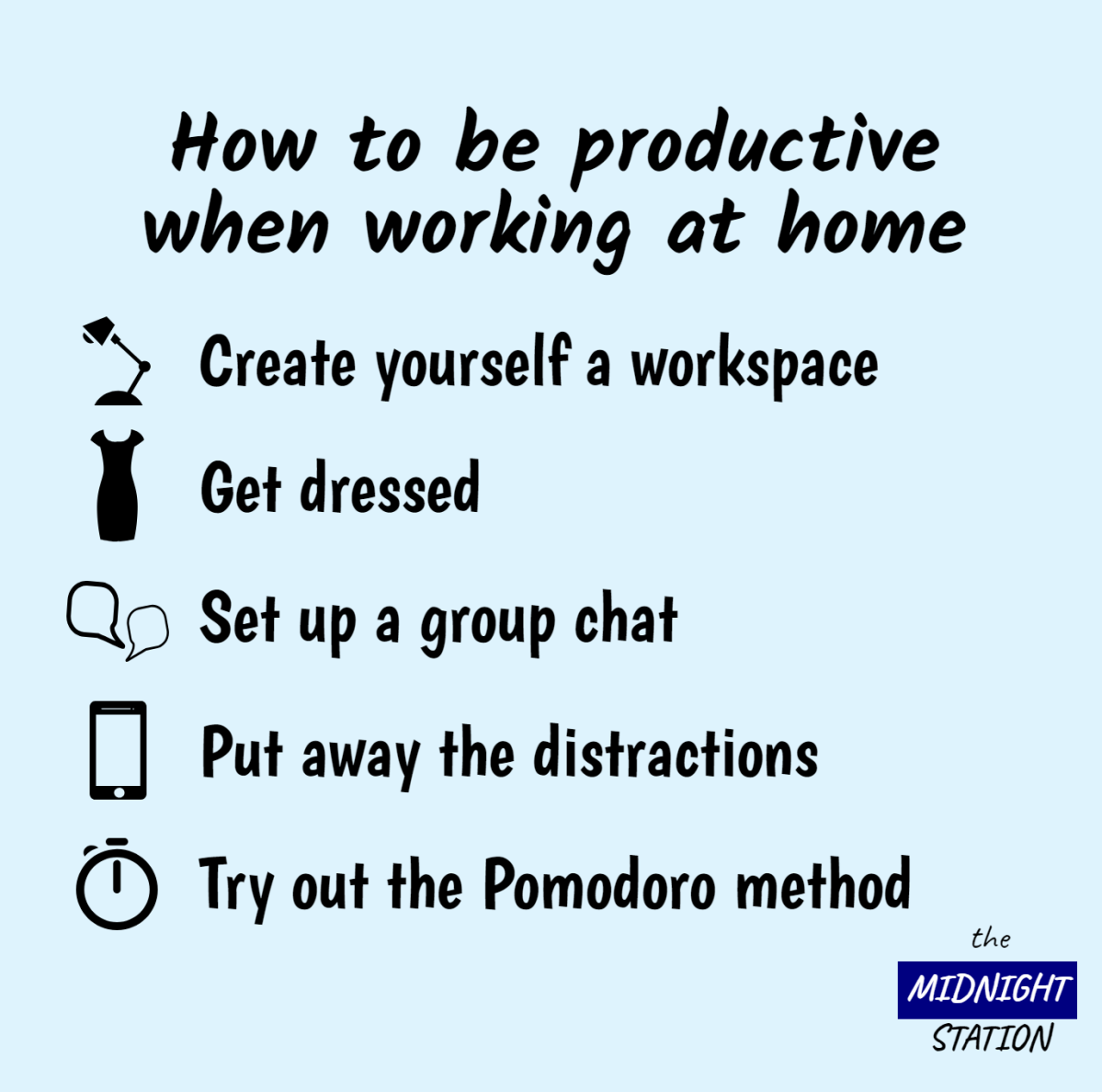
Remember those resolutions you made in the New Year? Your last birthday? Beginning of the month? Last Monday?
It can be really difficult to stay committed, stay motivated and stay on track to achieving your goals and building the life you envision for yourself.
Do you ever ask yourself why you failed? I recently did and noticed that I had unrealistic ideas about goals, habits and commitment.
So I’ve made some new rules of commitment to help me go further on my journey towards success, and I wanted to share them with you in hopes they might help you too.
Commitment one: Do your best
This rule erases so many common pitfalls, namely striving for perfection and comparing ourselves to others. When we do not (and cannot) meet expectations we have for ourselves, we quickly lose enthusiasm and give up. Instead of perfection and unrealistic expectations, we should strive to do our best. And that might be different each day. As long as you’re doing something towards your goal, it doesn’t matter whether it’s as good as what you did yesterday or as good as someone else might do. Just do your best and keep at it.
Commitment two: Get back up when you fail
When it comes to my goals and habits, I can often have an ‘all or nothing’ attitude. For example, at the moment, I am trying to cut out all sweet treats, because that’s how it works best for me. But inevitably, I sometimes cave. In normal circumstances, I would have just given up if I failed. But instead, I’m just trying to start over whenever I fail, so I can keep going towards achieving my goals. Don’t beat yourself up when you fail. Don’t give up when you fail. Every day is a brand new day to be better and do your best.
Commitment three: Have big dreams, realistic journeys
Everyone should have big dreams. But it won’t happen overnight, and if you always have your eyes to the sky, you’re bound to trip up on the ground. The best way to make progress towards your dreams is to break them down into small, realistic steps you can take and accomplish. That way, you’re also motivating yourself by achieving quicker wins that are helping you get to that bigger dream.
Commitment four: Stick to the decision
I have a bad habit of scheduling in the time to do something, making the decision, and then bailing when it comes to actually doing it. So when I made decisions, my brain was already expecting me to not follow through. Now, I’m trying to make a conscious effort to stick to my decisions, to retrain my brain and actually achieve the things I set out to do. I encourage you to do the same.
Do you have any rules of commitment? Tips on how to stay motivated? Share them in the comments!









